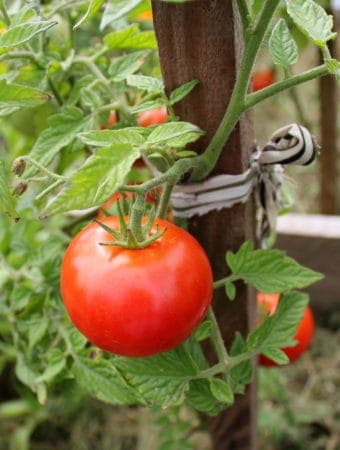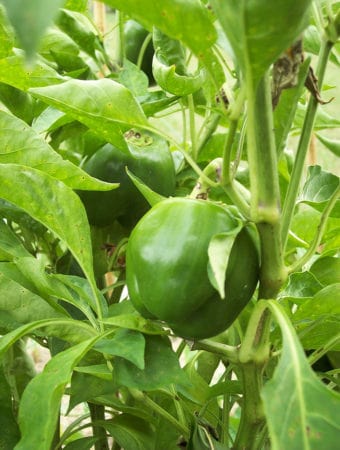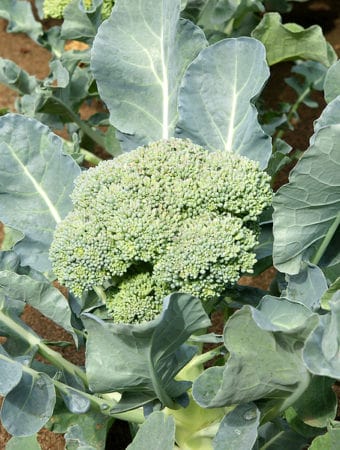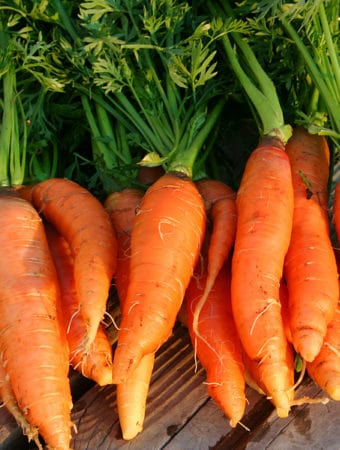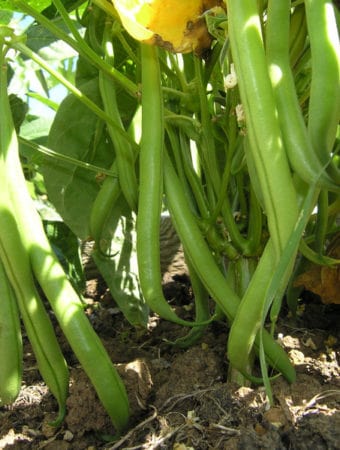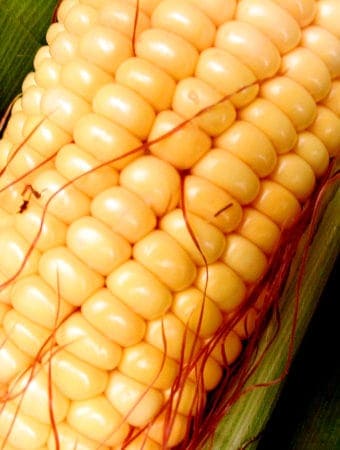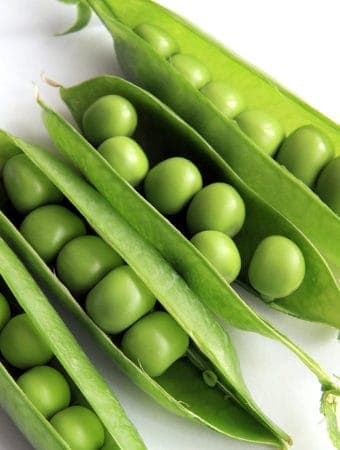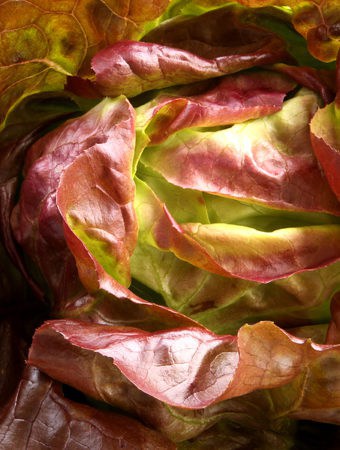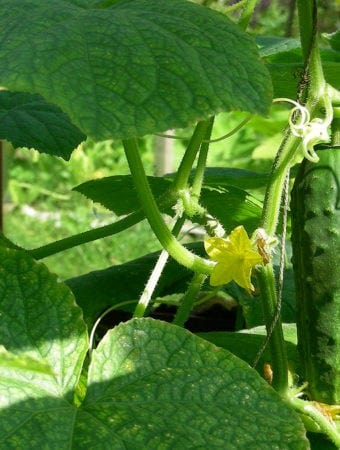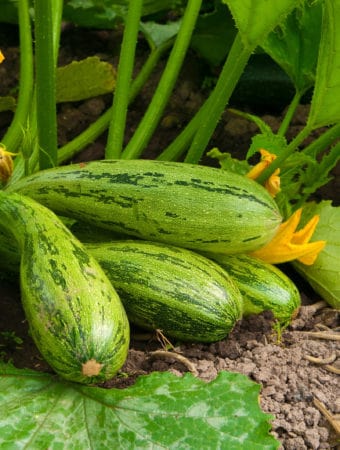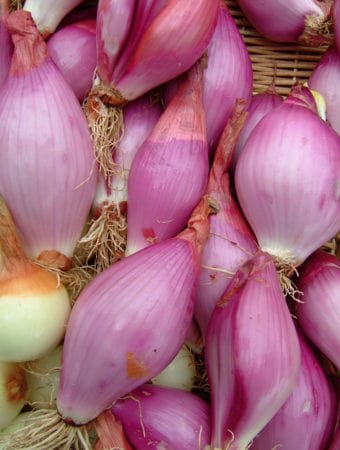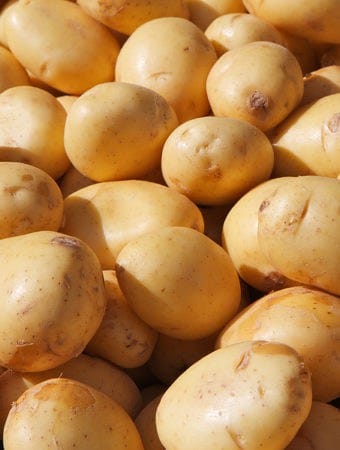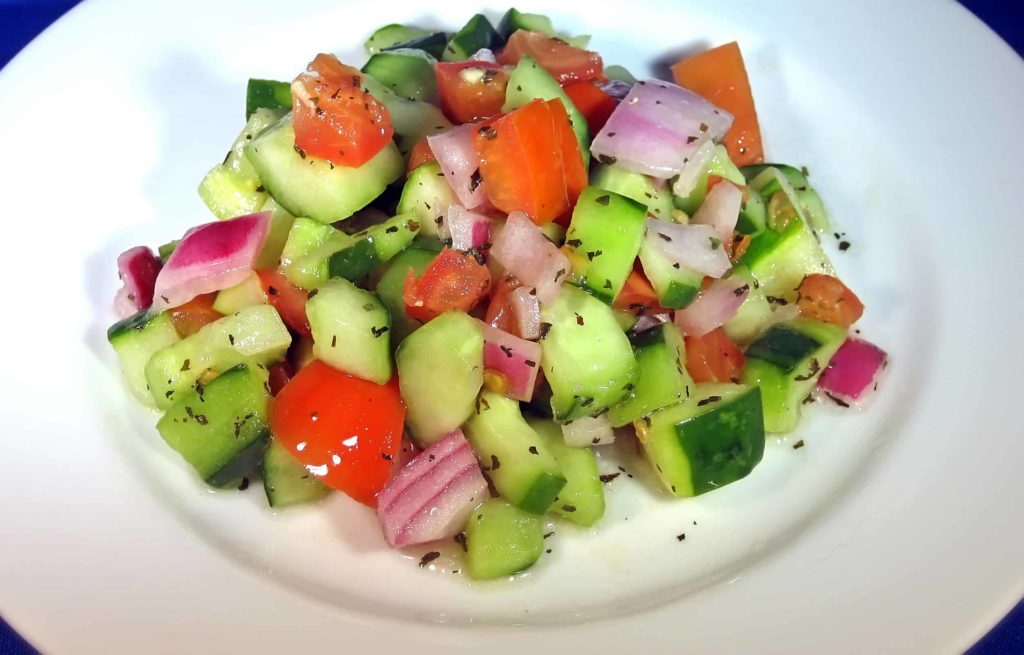 There are many ways to eat cucumbers raw or cooked.
There are many ways to eat cucumbers raw or cooked.
- Sliced cucumbers, tomatoes, celery, and parsley or spring onions are the ingredients of a tasty warm-weather salad or sandwich.
- Add minced cucumbers and dill to plain yogurt to make a cooling warm weather soup or snack.
- Steam or sauté cucumbers and enjoy them as a vegetable side dish.
Why do cucumbers and warm weather mix so well? Cucumbers are more than 90 percent water. There crunchy texture, sweet grassy fragrance, and cool, mild flavor are perfect matches for late spring and summer sandwiches and salads.
The peak season for fresh-from-the-garden cucumbers is late spring through summer.
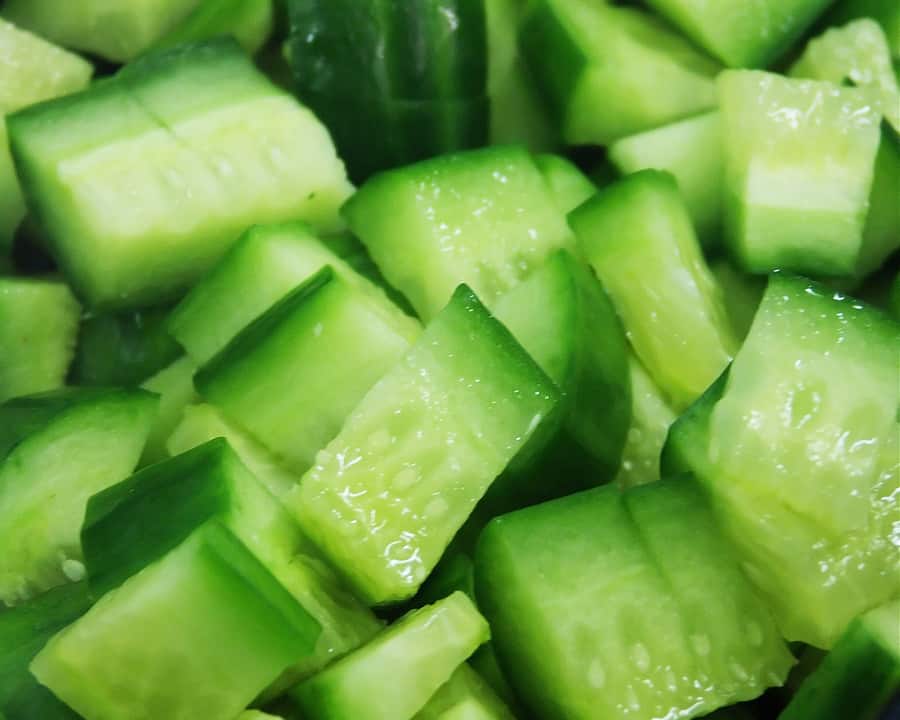
How to Choose Cucumbers
- Select cucumbers that are green and firm with no sign of bruising or yellowing.
- Medium-size cucumbers will be tender and are preferable for eating fresh. Over-large cucumbers tend to be bitter and bland tasting and are likely to contain numerous hard seeds.
- Avoid cucumbers that have soft spots or that are shriveled.
How to Store Cucumbers
- Keep pickling and slicing cucumbers in the refrigerator for 3 to 5 days.
- Cucumbers kept too long can suffer chilling injury.
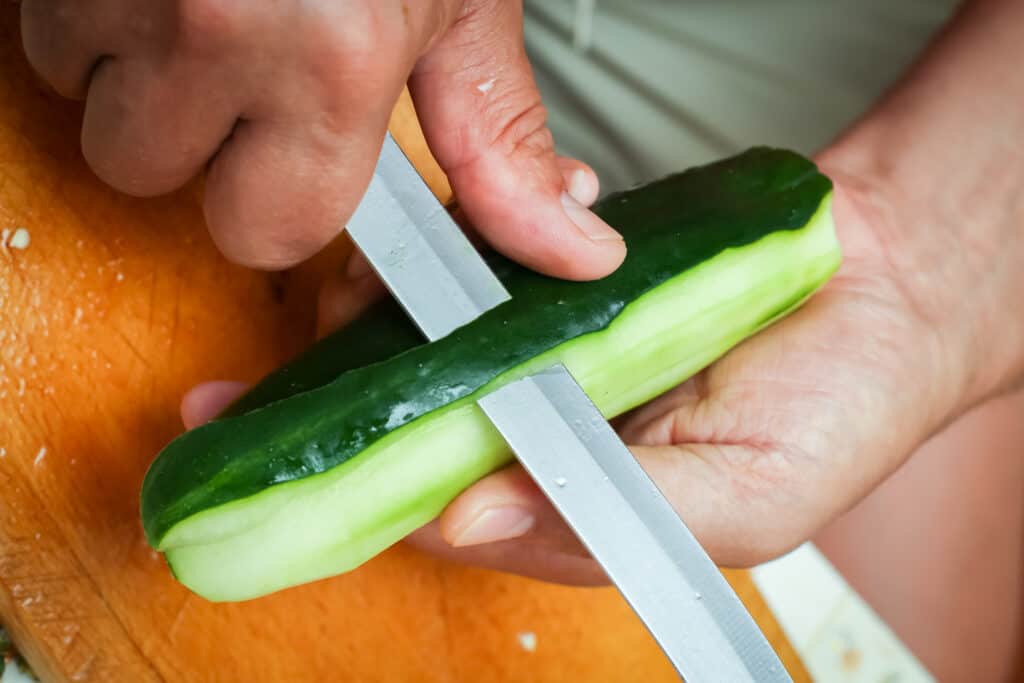
How to Prep Cucumber
- Thin-skinned cucumbers do not require peeling. Waxed cucumbers (for shipping) should be peeled before eating. There is no need to peel cucumbers that are fresh and that do not have a wax coating. Scrub pickling cucumbers to remove loose spines.
- Peeling cucumbers is best before cooking cucumbers.
- You may need to remove seeds from large cucumbers if the seeds are hard. To seed a cucumber, slice it in half lengthwise and scrape out the seeds.
- Draining can make a cucumber easier to digest. Sprinkle the cucumber slices with salt and let it “drain.” Excess moisture and bitterness will disappear.
Cucumber Serving Suggestions
- Cucumbers are usually eaten raw but can be cooked—prepared like squash.
- Use slices or cubes in crudité trays and in salads and as a garnish for cold soups.
- Used thinly sliced cucumbers in salads and sushi.
- Slice, chop, or grate cucumbers and dress in yogurt and vinegar or lemon.
- Mix cucumbers slices or cubes with tomatoes and or onions and marinate the mix in a vinaigrette dressing, sour cream, or plain yogurt.
- Make a Greek salad with chopped cucumbers, feta cheese, olives, chopped fresh mint, lemon juice, and oil.
Also of interest: How to Make Dill Pickles for Beginners
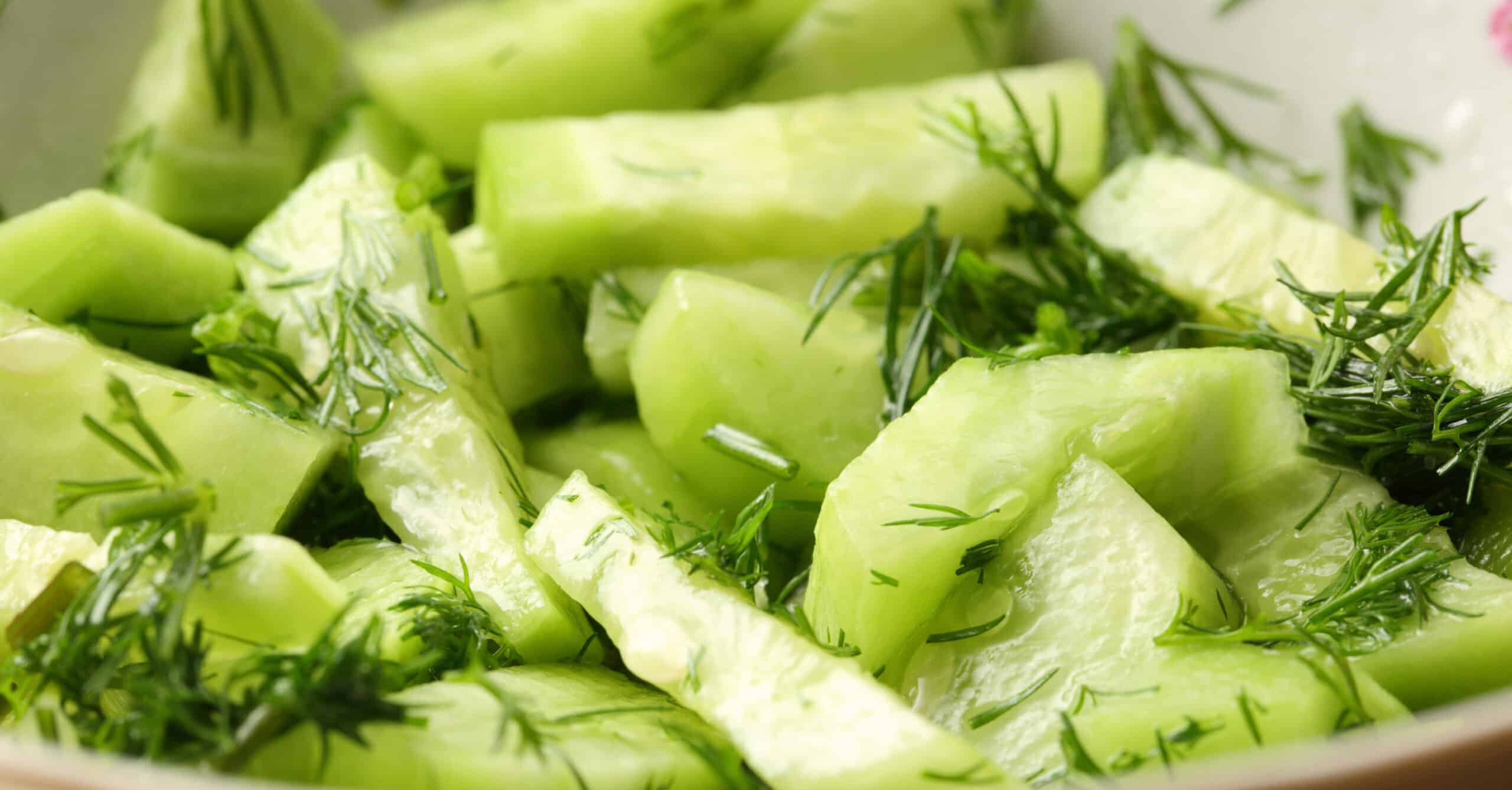
Simple Cucumber Salad
- Cut the cucumber and season with salt to taste. Dress with lime juice and honey and a bit of Tabasco sauce.
- Marinate or dress with sugar, vinegar, and soy sauce.
- Marinate or dress with oil-and-vinegar dressing.
- Garnish will dill.
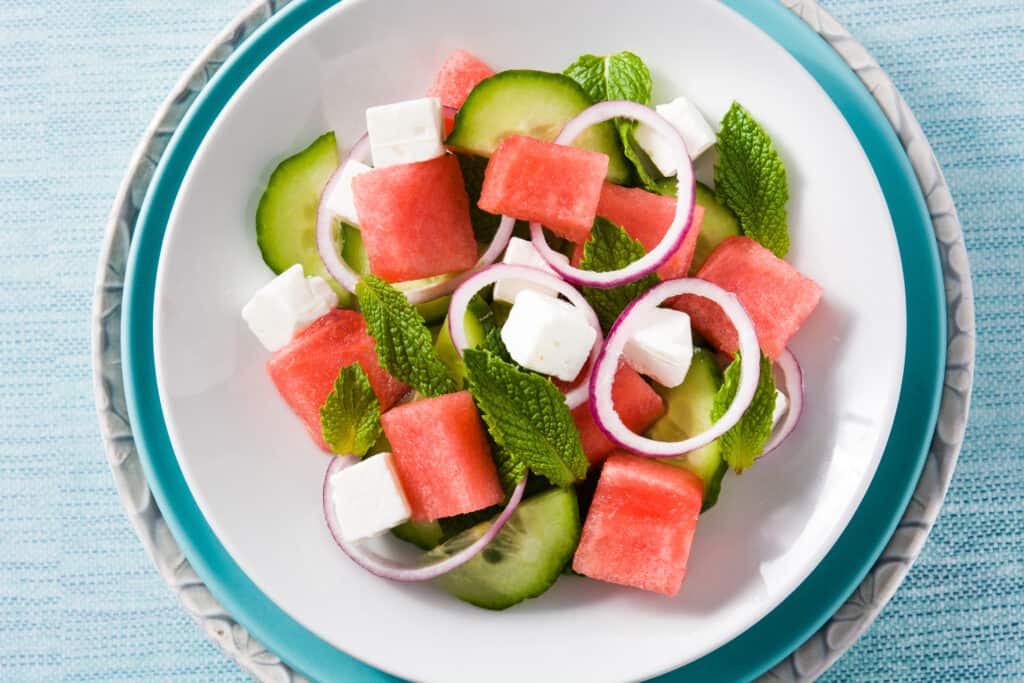
Cucumber Fruit Salad
- Slice or chunk cucumbers Mix with chunks of cantaloupe. Add grapes, sliced peaches, plum, apricots, melon, or tomatoes.
- Add, if you like, dressing made with sour cream or yogurt.
- Add a seasoning: salt and pepper, hot sauce, garlic, tarragon, basil, or dill.
Cucumber Cooking Suggestions
- Cucumbers can replace squash in most recipes.
- Remove the skins and scoop out the seeds for tender eating.
- Cut the cucumbers in half crosswise and quarters lengthwise, then scoop out the seeds with a spoon.
How to Simmer Cucumbers
Simmering means to cook in liquid with bubbles just barely breaking the surface.
- Peel the cucumber.
- Simmer in salted water or stock sliced or diced cucumber pieces for 2 to 4 minutes.
- Simmer seeded halves or quarters can for 5 to 10 minutes.
- Drain and dress with sour cream or thinned cream cheese if you like.
How to Steam Cucumbers
- Peel the cucumber.
- Place sliced or diced cucumber in a steamer basket above an inch of boiling water; be sure the basket does not touch the water.
- Steam sliced or diced pieces until just tender, 4 to 10 minutes depending on the size of the pieces.
- Steam halves or quarters for 10 to 15 minutes.
How to Sauté Cucumbers
- Peel the cucumber and cut it in half lengthwise then remove the seeds
- Sauté gently in butter with a little water until just tender, 5 minutes or less.
- Add chervil, dill or tarragon.
How to Pan-Fry Cucumbers
- Peel the cucumber and cut it in half lengthwise then remove the seeds.
- Coat the pieces with salt and let them sit on paper towels for 30 minutes to draw out moisture.
- Pan-fry or deep-fat-fry pieces in a dry coating or a wet batter until the crust is a golden brown.
How to Bake Cucumbers
- Peel the cucumber and cut it in half lengthwise then remove the seeds.
- Coat the pieces with salt and let them sit on paper towels for 30 minutes to draw out moisture.
- Bake cucumber slices or strips coated with cooking oil, butter or margarine for 5 to 10 minutes in a preheated oven 300 to 350 degrees F (149-176ºC).
- Halves with seeds removed will cook in 10 to 15 minutes.
Cucumbers Au Gratin
- Serve au gratin or with a béchamel sauce.
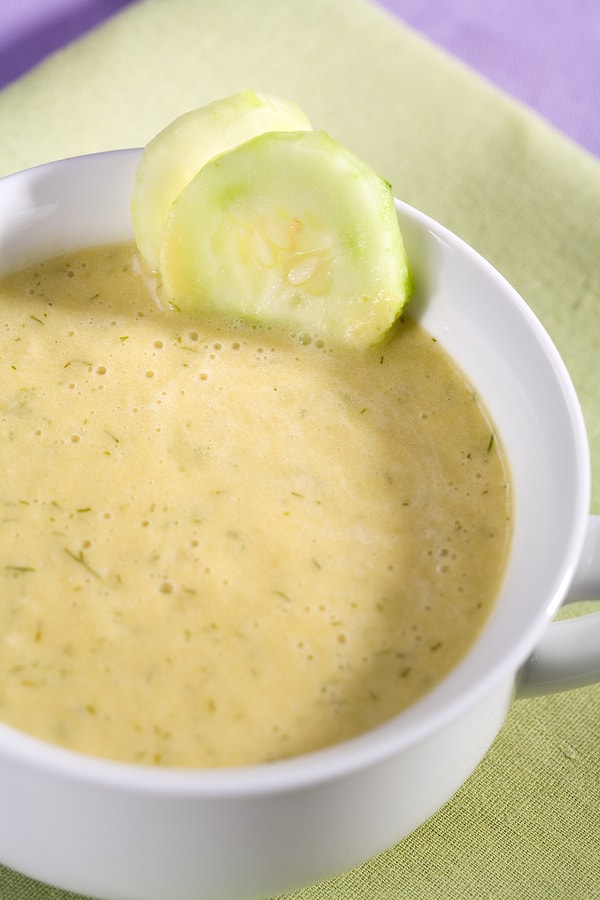
How to Make Cucumber Soup
- Peel, seed, and cut into strips 2 cucumbers
- Combine the cucumbers with 2 cups of chicken broth and 1 tablespoon of finely chopped onions.
- cook over low heat until the cucumbers are tender.
- While in a blender with salt and pepper to taste a bit of fresh dill.
- Cool then combine with 2 cups of yogurt. Garnish with chopped cucumber and dill.
- Serve in chilled bowls.
Cucumber Flavor Partners
- Cucumbers have a flavor affinity for buttermilk, celery, chervil, dill, mint, onions, sweet bell peppers, pimiento, salmon, scallions, winter squash, tarragon, tomato, and yogurt.
- Season cucumbers with salt, pepper, onion, garlic, dill, basil, mint, or tarragon.
- Top cucumbers with vinegar or vinaigrette dressing, plain or flavored butter or margarine, plain or flavored mayonnaise, sour cream, or plain yogurt.
- Dill is often used in pickling cucumbers, thus the term dill pickle.
Cucumber Nutrition
- Cucumbers contain vitamins A and C, and also calcium, phosphorus, and iron.
- A medium cucumber contains 15 calories.
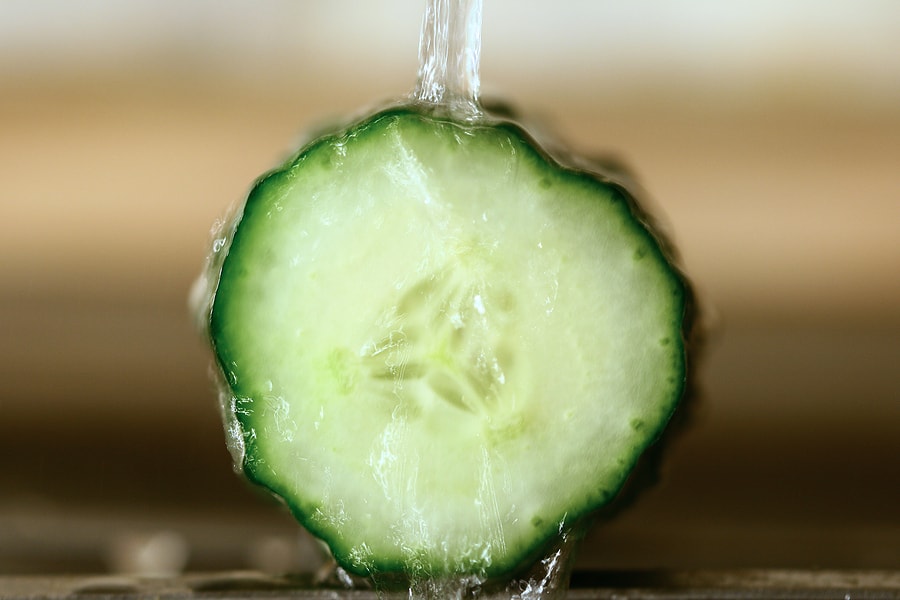
Types of Cucumbers
- American slicing varieties grow from 6 to 10 inches (15-25 cm) in length and about 1½ inches (3.8 cm) around. Slicing cucumbers are grown outdoors and have smooth, usually thick, dark green skins. They are cylindrical and taper at each end. These cucumbers have been hybridized for size and shipping. They are large, full of water and can be a bit bland tasting. Use these for slicing and cooking. Check to make sure the grower has not waxed the skins of these cucumbers for shipping. Cucumbers are waxed to hold in the moisture and must be peeled before you eat them.
- English greenhouse cucumbers—also called Dutch greenhouse, European burpless, greenhouse, hothouse, or seedless cucumbers—are grown year-round in greenhouses. These cucumbers are super-long from 12 to 15 inches (30-38 cm) in length, are thin-skinned, almost waterless, and virtually seedless. These cucumbers are crunchy and range in flavor from mildly sweet to nearly bland. Use these for slicing, sandwiches, and salads.
- Middle Eastern cucumbers—also called Persian cucumbers and Beit Alpha types—look like European slicing cucumbers but are smaller and have slightly ridged skins. These cucumbers are grown both outdoors and in greenhouses. They have a light green flesh that is sweet, crunchy, and juicy (not watery). These are delicious cucumbers!
- Pickling varieties—also called sweet or dills, cornichons, and gherkins—grow to various lengths and are used to make pickles. The regular American dill—sometimes called “Kirby” after a named variety–grows from 1 to 6 inches (2.5-15 cm) long and has a pale to dark green bumpy skin. The French cornichons are smaller, 3 to 4 inches (7.5-10 cm) long. Gherkin pickling varieties have short, stumpy fruit to 3 inches (7cm) long.
- These cucumbers have bumpy skins, a solid crunch, and can be lightly sweet if eaten fresh, not pickled.
- Oriental cucumbers—also called Asian cucumbers, includes Japanese and Korean slicing cucumbers—range in size from 8 to 12 inches (20-30 cm) long. They are usually narrower than English slicing cucumbers and have bumpy skins and small spines that are easily brushed away. Fresh, they have a concentrated flavor, grassy aroma, and pickle-like crunch. They don’t need peeling and they have very few seeds.
- Armenian cucumber—also called a serpent or snake melon—is not of the same species as other cucumbers, but it looks and is eaten like a cucumber. This cucumber is long and thin and can be slightly coiled. It has pale green skin and pale green flesh. The Armenian cucumber is very thin-skinned and has a mild flavor with a slightly sweet and citrus aftertaste.
- Apple and lemon cucumbers are round, yellow-skinned, and grow to 2½ inches (6 cm) in diameter. These are generally thin-skinned with a mild, sweet flavor and a nice crunch. Use them sliced in salads and sandwiches and as a garnish for fish dishes.
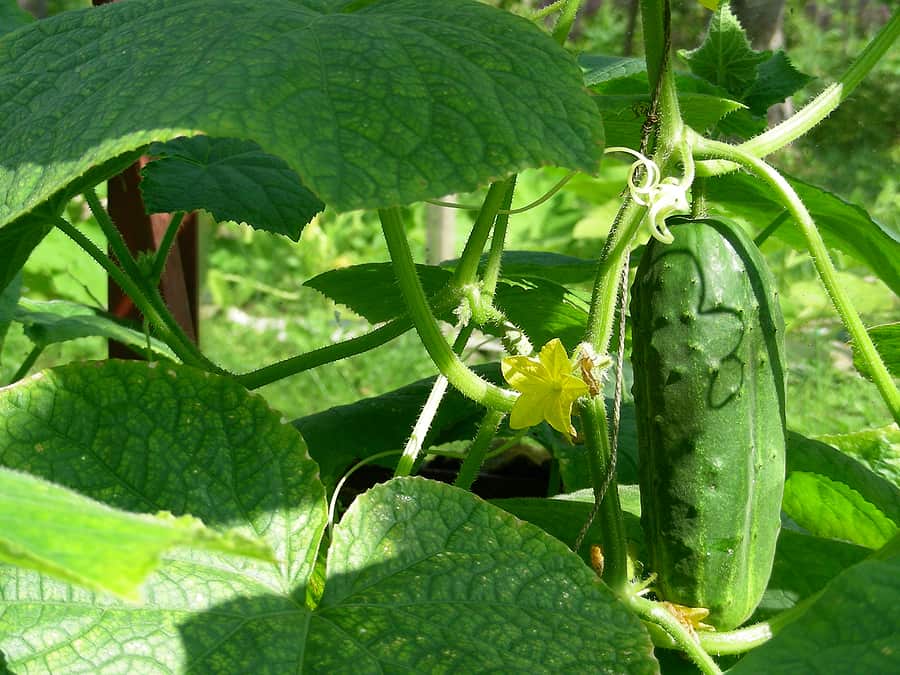
Get to Know Cucumbers
- Cucumbers are warm-season tender annuals and belong to the same family as squash and melons. There are more than 40 varieties of cucumbers, and they range in size from 3 inches to 2 feet (7.5-60 cm) long. Cucumbers can be long and cylindrical, short and stout, or round like lemon or apple. They range in color from dark green to pale green to yellow.
- Cucumbers probably originated in India or Thailand. They have been grown in India for at least 5,000 years. From India, traders took cucumbers to China and later to ancient Greece and Rome. The cucumber came to North America with the first colonists.
The botanical name of the cucumber is Cucumis sativus. The botanical name of the Armenian cucumber is Cucumis melo, Flexuosus Group.
Also of interest:
How to Harvest and Store Cucumbers



